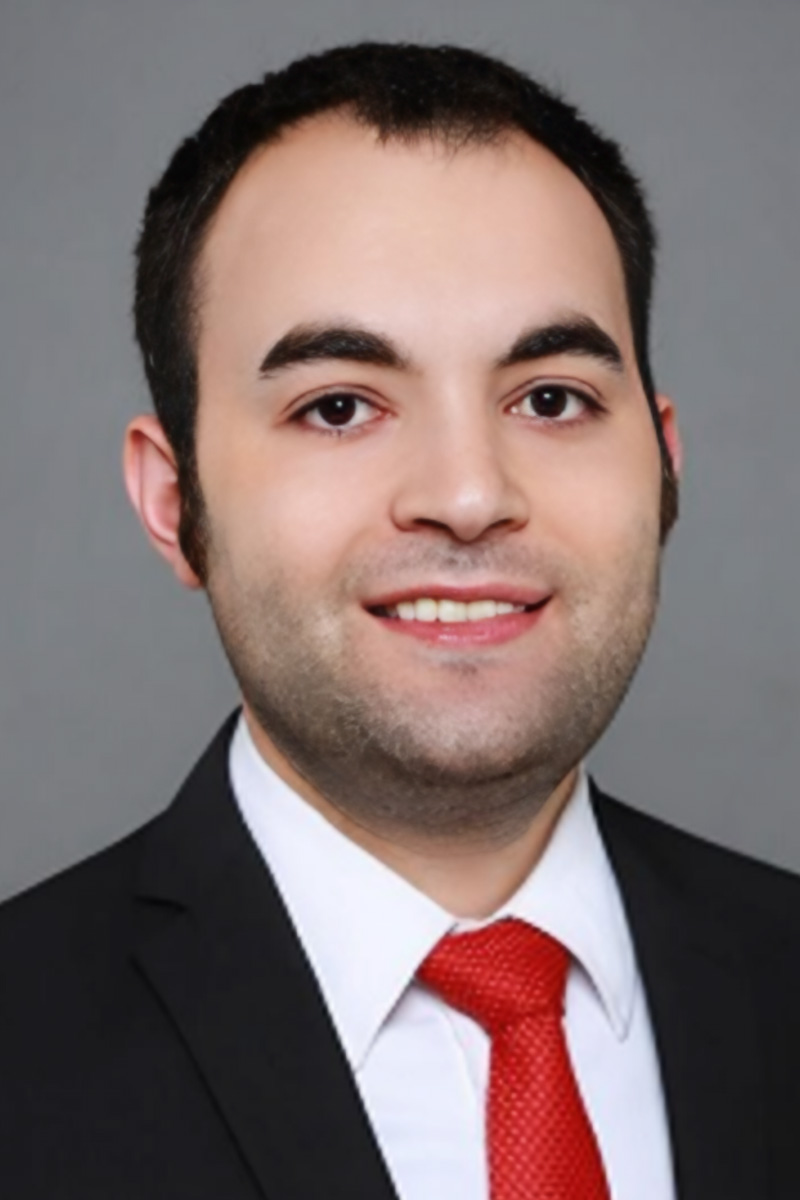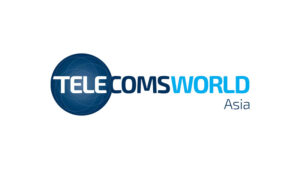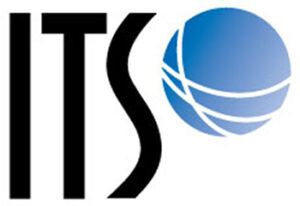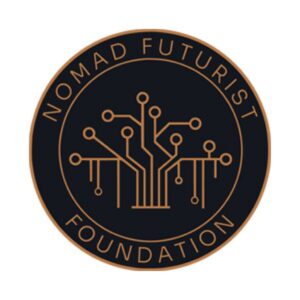Aaron Kiersh is the Vice President of Bodentel. After graduating from Columbia University in 2012, he began his career in Asia with Baidu, one of China’s leading internet companies. He went on to gain experience in the cloud computing, virtual reality, and film production industries before launching his own business in early 2018, providing advisory support and services to global companies operating in Asia as well as Asia-based companies expanding into Europe and North America. At Bodentel, Aaron works closely with the CEO to oversee global business development activities.
PTC: What technology breakthrough would pave the way for the ICT industry?
AK: At Bodentel, we believe that next-generation artificial intelligence and edge computing are the two breakthroughs which will have the most impact on the ICT industry going forward. Of course, artificial intelligence already has numerous important applications across industry and life. As artificial intelligence becomes more advanced and “next generations” of the technology are developed, it will be applied in even more settings and scenarios across different industries and aspects of life, including but also far beyond telecommunications and other components of ICT.
Secondly, progress in edge computing should also generate considerable impact across the fields in which it is typically incorporated, such as the Internet of Things, autonomous vehicles, and robot-assisted surgery. This proximity to data at the source of edge computing can generate important benefits, including faster insights, improved response times, and better bandwidth availability. Furthermore, mobile edge computing on 5G networks can enable more comprehensive data analysis, deeper insights, faster response times, and improved customer experiences.
PTC: How can telecommunications technologies help humanity?
AK: Telecommunications is all about the links and synergies between people, of all nations, backgrounds, and economic statuses. For decades, there has been a major gap between the strength and scope of telecommunications networks in developed countries and those of developing nations. Nations in East Asia have made tremendous strides in further developing their telecommunications networks and connecting people of all types — urban and rural, young and old, rich and poor — with phone service and the internet. However, it is also clear that other countries still have room to progress in terms of connecting their people with global networks. A priority for our company is to work with telecommunications operators in Pacific Island nations to support their efforts in expanding connectivity across their vast territories, enabling millions of people to receive service and therefore maximize their economic potential and improve their quality of life. In this way, we expect that telecommunications can further benefit humanity.
PTC: If one thing should be redeveloped within the telecom and related industries, what should it be?
AK: Redeveloping Radio Access Networks (RANs) and core architecture for openness, flexibility, and energy efficiency should generate important dividends for our industry. RANs have become increasingly complex with the development and popularization of each new generation of mobile technology, such as 3G, 4G (LTE), and 5G. Virtualization and cloud-native principles are being applied to RANs to simplify their architectures, reduce power consumption, and increase flexibility, which can help meet the demands of 5G and future networks. Telecommunications operators around the world are currently pushing for open, intelligent, virtualized, and fully interoperable RAN solutions. Governments are looking to Open RAN to introduce new suppliers to their markets and drive local 5G innovation. New open and disaggregated architectures, software, and hardware such as Open RAN give operators the flexibility to extend 5G to more users in a cost-effective, secure, and energy-efficient way. This flexibility can stimulate greater innovation across industries in areas such as telemedicine and smart factories.
PTC: What has been a positive outcome organizationally or individually given the current state of the world?
AK: Clearly our world is divided, along ideological, economic, and cultural lines. It is important for people from different countries and markets to be willing to sit down and engage with each other despite the gaps which may exist between their political leaders. Although our company is small, we have a definitively international team, including individuals from East Asia, India, Finland, and the United States. We have also worked with customers and partners from around the world, including in North America, Europe, Asia, and the Pacific Islands. I would consider the fact that we have provided services to such a diverse array of clients — and maintained unity between the different members of our team — to be very positive outcomes that have made the members of our organization proud. We also look forward to future successes in terms of further expanding our team, providing high-quality services to new customers, as well as giving back to the communities in which we operate.
PTC: What value does PTC hold for you/your company?
AK: For decades, there has been a major gap between the strength and scope of telecommunications networks in developed countries and those of developing nations. A priority for our company is to work with telecommunications operators in Pacific Island nations to support their efforts in expanding connectivity across their vast territories, enabling millions of people to receive service and therefore maximize their economic potential and improve their quality of life. As PTC brings together leading telecommunications companies and standard-setters from the Pacific Island region, East Asia, and North America, we believe it is important for our company to join PTC. We believe our joining the organization — as well as the relationships we can develop with other members — will be beneficial for the telecommunications industry across the markets that PTC members serve. PTC is truly best-in-class in terms of bringing together leaders of our industry, particularly with respect to markets which adjoin the Pacific.
PTC: How does PTC fit your company’s goals or career purpose?
AK: Joining PTC enables Bodentel to develop relationships with leading telecommunications companies and standard-setters from the Pacific Island region, East Asia, and North America. Bodentel provides advanced solutions to telecommunications operators which enable them to reduce energy use, improve efficiency, and increase responsiveness to their customers. Few platforms aside from PTC bring together as many leaders in the telecommunications industry across so many national boundaries. As such, we at Bodentel are very happy to become a PTC member and look forward to contributing to this organization and its members in significant ways going forward. PTC’s Annual Conference in Honolulu and distinctive seminars such as PTC’DC, offer members exceptional opportunities to network with each other and leading lights in telecommunications and industry standard-setting. Events hosted by partner organizations covering submarine cables, digital infrastructure, and other areas are also worthwhile for our company and partners to attend.
PTC: What advice would you share with current and future graduates interested in this field?
AK: The telecommunications industry is one defined by constant and vigorous change, both in terms of foundational technology as well as the capabilities and focus areas of industry players. Newcomers to this industry, regardless of age or background, must be willing to anticipate and understand the changes that may occur with respect to network and communications technology, as well as how industry participants make use of these technologies and serve their markets. Just in the past two years, our industry has experienced significant changes, driven in part by the policy decisions of various countries and governments as well as developments in technology (specifically artificial intelligence) in the United States and China. We at Bodentel expect that the next few years will continue to give rise to transformative changes. As such, we recommend that individuals who would like to join the telecommunications industry should pay attention to recent and future developments in geopolitics, technology, and trade.
PTC: What is something not that many people know about you?
AK: I am originally from New York City and went to college there but have spent most of my career overseas, particularly in East Asia. I now split my time between Shanghai, Singapore, and the United States. Surely there are members of PTC that spend a good deal of time in airports and on planes, but in terms of miles traveled over the past year, I may be competitive. I think it is very helpful for individuals to spend time in markets and countries beyond where they were born and raised. Especially in today’s world, building understanding of and connections in areas that may be off the beaten path can be critically important for global economics and international relations in the future. I believe that my experience living in Asia is helpful to the company for which I work, Bodentel, as well as our partners across the telecommunications industry.
About Bodentel
Bodentel, founded in 2018 and based just outside of Atlanta, Georgia, is an innovative technology company specializing in telecommunications and artificial intelligence solutions. A global strategic partner of Nokia, we are dedicated to helping businesses harness the power of cutting-edge technologies to optimize operations, enhance customer experiences, and drive sustainable growth. Our team is made up of veterans of Nokia and other telecommunications leaders in North America, Europe, and Asia. Much of our business to date has been in the Asia-Pacific region, hence our interest in joining PTC and engaging more with other members of this organization.











































